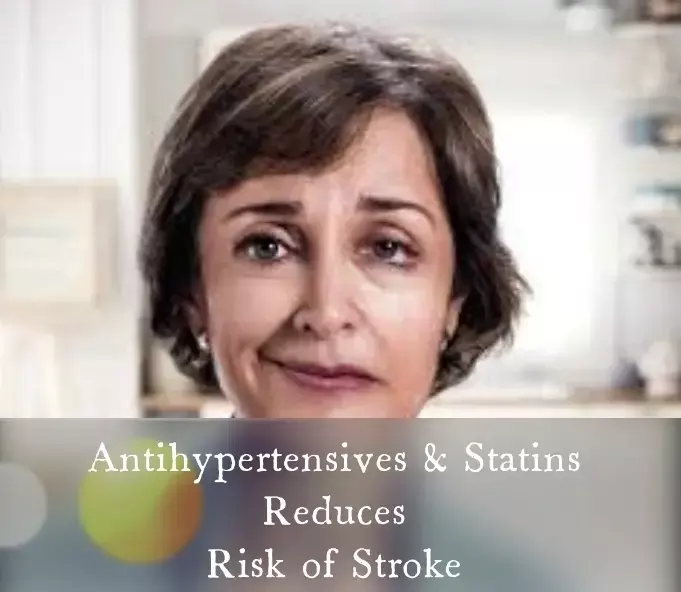- Home
- Medical news & Guidelines
- Anesthesiology
- Cardiology and CTVS
- Critical Care
- Dentistry
- Dermatology
- Diabetes and Endocrinology
- ENT
- Gastroenterology
- Medicine
- Nephrology
- Neurology
- Obstretics-Gynaecology
- Oncology
- Ophthalmology
- Orthopaedics
- Pediatrics-Neonatology
- Psychiatry
- Pulmonology
- Radiology
- Surgery
- Urology
- Laboratory Medicine
- Diet
- Nursing
- Paramedical
- Physiotherapy
- Health news
- Fact Check
- Bone Health Fact Check
- Brain Health Fact Check
- Cancer Related Fact Check
- Child Care Fact Check
- Dental and oral health fact check
- Diabetes and metabolic health fact check
- Diet and Nutrition Fact Check
- Eye and ENT Care Fact Check
- Fitness fact check
- Gut health fact check
- Heart health fact check
- Kidney health fact check
- Medical education fact check
- Men's health fact check
- Respiratory fact check
- Skin and hair care fact check
- Vaccine and Immunization fact check
- Women's health fact check
- AYUSH
- State News
- Andaman and Nicobar Islands
- Andhra Pradesh
- Arunachal Pradesh
- Assam
- Bihar
- Chandigarh
- Chattisgarh
- Dadra and Nagar Haveli
- Daman and Diu
- Delhi
- Goa
- Gujarat
- Haryana
- Himachal Pradesh
- Jammu & Kashmir
- Jharkhand
- Karnataka
- Kerala
- Ladakh
- Lakshadweep
- Madhya Pradesh
- Maharashtra
- Manipur
- Meghalaya
- Mizoram
- Nagaland
- Odisha
- Puducherry
- Punjab
- Rajasthan
- Sikkim
- Tamil Nadu
- Telangana
- Tripura
- Uttar Pradesh
- Uttrakhand
- West Bengal
- Medical Education
- Industry
Anti-Hypertensives with Statins Reduces Risk of Stroke: HOPE 3 Trial

Heart disease and stroke are major causes of death and disability worldwide and are largely preventable. In a recent study, researchers have found that among those with intermediate cardiovascular risk, BP-lowering plus statin reduced ischemic stroke by 59%. The study findings were published in the journal Stroke on May 14, 2021.
Previous studies have shown that certain drugs can effectively and safely lower cholesterol and blood pressure and prevent heart attacks and strokes. Such studies have been conducted primarily in people who had already sustained a heart attack or a stroke or in people with high cholesterol and blood pressure levels. But, most heart attacks and strokes occur in people with average cholesterol and blood pressure. Therefore, the HOPE-3 trial (Heart Outcomes Prevention Evaluation–3) investigators evaluated whether a cholesterol-lowering drug, rosuvastatin and a combination blood-pressure-lowering pill, candesartan/hydrochlorothiazide, used alone or together can reduce the risk of heart attacks, stroke and their sequelae in people without known heart disease and at average risk. They found that antihypertensive therapy combined with a statin reduced the first stroke among people at intermediate cardiovascular risk. Recently they reported the secondary analyses of stroke outcomes by stroke subtype, predictors, treatment effects in key subgroups.
In this secondary analysis, the researchers included a total of 12 705 participants from 21 countries with vascular risk factors but without overt cardiovascular disease. The participants were randomized to receive candesartan 16 mg plus hydrochlorothiazide 12.5 mg daily or placebo and to rosuvastatin 10 mg daily or placebo. The researchers then assessed the effect of the interventions on stroke subtypes.
Key findings of the study were:
- Upon evaluation, the researchers found that the baseline blood pressure (138/82 mm Hg) was reduced by 6.0/3.0 mm Hg, and LDL-C (low-density lipoprotein cholesterol; 3.3 mmol/L) was reduced by 0.90 mmol/L on active treatment.
- During 5.6 years of follow-up, they identified 169 strokes (117 ischemic, 29 hemorrhagic, 23 undetermined).
- They found that blood pressure lowering did not significantly reduce stroke (hazard ratio [HR], 0.80), ischemic stroke (HR, 0.80), hemorrhagic stroke (HR, 0.71), or strokes of undetermined origin (HR, 0.92).
- Further, they found that rosuvastatin significantly reduced strokes (HR, 0.70), with reductions mainly in ischemic stroke (HR, 0.53) but did not significantly affect hemorrhagic (HR, 1.22) or strokes of undetermined origin (HR, 1.29).
- They noted that the combination of both interventions compared with double placebo substantially and significantly reduced strokes (HR, 0.56) and ischemic strokes (HR, 0.41).
The authors concluded, "Among people at intermediate cardiovascular risk but without overt cardiovascular disease, rosuvastatin 10 mg daily significantly reduced first stroke. Blood pressure-lowering combined with rosuvastatin reduced ischemic stroke by 59%. Both therapies are safe and generally well tolerated."
For further information:
https://www.ahajournals.org/doi/abs/10.1161/STROKEAHA.120.030790?af=R
Medical Dialogues Bureau consists of a team of passionate medical/scientific writers, led by doctors and healthcare researchers. Our team efforts to bring you updated and timely news about the important happenings of the medical and healthcare sector. Our editorial team can be reached at editorial@medicaldialogues.in.
Dr Kamal Kant Kohli-MBBS, DTCD- a chest specialist with more than 30 years of practice and a flair for writing clinical articles, Dr Kamal Kant Kohli joined Medical Dialogues as a Chief Editor of Medical News. Besides writing articles, as an editor, he proofreads and verifies all the medical content published on Medical Dialogues including those coming from journals, studies,medical conferences,guidelines etc. Email: drkohli@medicaldialogues.in. Contact no. 011-43720751


